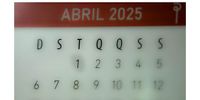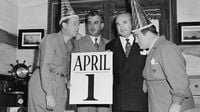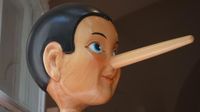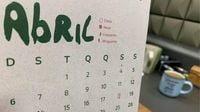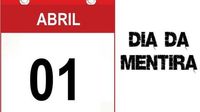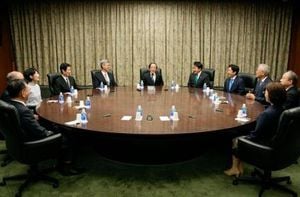April 1st, known globally as April Fool's Day, is a date marked by pranks, jokes, and a fair share of deception. But what is the origin of this tradition that both entertains and occasionally irritates people around the world?
The history of April Fool's Day traces back to the 16th century in France. At that time, New Year's Day was celebrated on March 25, culminating in festivities that lasted until April 1. However, in 1564, King Charles IX adopted the Gregorian calendar, shifting New Year's Day to January 1. Not everyone accepted this change right away. Many people, either unaware of the new calendar or resistant to it, continued to celebrate the New Year on April 1. Those who embraced the new date began to mock the "April fools" by sending them fake gifts and invitations to non-existent parties. This led to the establishment of the April Fool's tradition, which spread across Europe and eventually to other continents.
In Scotland, for instance, April Fool's Day is referred to as "Huntigowk Day," where people play pranks on each other, often sending absurd messages. In Brazil, the tradition arrived in the 19th century through newspapers that published false news for entertainment. One notable example was the publication of the death of Dom Pedro I in the newspaper "A Mentira" on April 1, 1828, which helped popularize the day in the country.
While April Fool's Day is primarily associated with fun, it is important to remember that pranks should be conducted responsibly, avoiding harm or embarrassment to others. After all, the goal of the day is to celebrate joy and humor, not to hurt anyone.
In many countries, April 1st is recognized as a day for jokes and hoaxes. In the United States and England, it is known as April Fool's Day. In Italy and France, the day is called "Pesce d'Aprile" and "Poisson d'Avril," respectively, where children often stick paper fish on their friends' backs as part of the fun.
The tradition originated in Europe during the 16th century. In 1582, with the establishment of the new Christian calendar by Pope Gregory XIII, those who resisted the change continued to celebrate the New Year on the old date, which ranged from late March to April 1. Thus, this day became associated with "foolishness" as people played tricks on those who adhered to the old customs.
Historical accounts also connect April Fool's Day to the Roman festival of Hilaria, celebrated in late March to honor the goddess Cybele, where people would disguise themselves and play tricks on one another.
In the United Kingdom, the custom of April Fool's Day was recorded as early as the 18th century, particularly in Scotland, where it was known as Hunt-the-Gowk Day, involving pranks with false messages.
As the years went by, the day became widely exploited by media outlets. The BBC, for instance, is famous for its April Fool's jokes. In 1980, the broadcaster announced that the iconic Big Ben would be replaced with a digital display, causing a public uproar and necessitating a retraction of the story in the days that followed.
In the United States, National Public Radio (NPR) also joined in the fun. In 1992, it aired a fictitious interview featuring comedian Rich Little impersonating former President Richard Nixon, who claimed he would run for president again. Given Nixon's resignation during the Watergate scandal in 1974, the prank sparked outrage among listeners, and the station's phone lines were flooded until the hoax was revealed.
With the rise of the internet, many companies began using April Fool's Day as an opportunity to engage the public with creative campaigns. Google, for example, became well-known for its fake innovations announced on April 1st, such as a supposed software called "Google Nose" that allowed users to search by smell. Burger King also participated in the fun, once announcing a left-handed burger that would have ingredients arranged in reverse order.
As April Fool's Day approaches each year, people prepare for a day filled with distrust, pranks, and absurd promises. The tradition has evolved, but its core remains the same: to bring laughter and a little bit of chaos into the mundane.
In summary, April 1st serves as a reminder of the lightheartedness that can be found in our daily lives. While it’s a day for jokes and laughter, it also carries a historical significance that connects us to past customs and traditions. So whether you’re playing a prank or simply enjoying the antics of others, April Fool's Day continues to be a cherished occasion around the globe.
